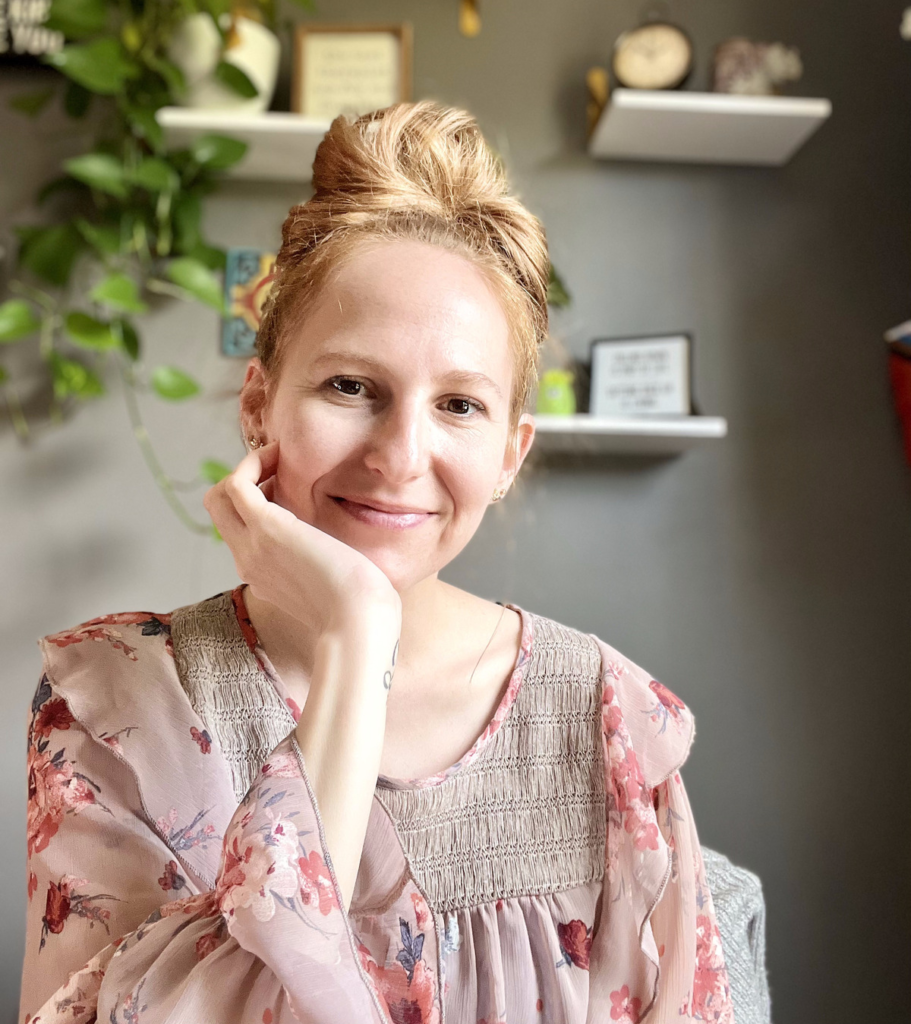
Fear of conflict is arguably the biggest barrier preventing many of us from setting healthy boundaries in our lives. But how do we overcome it? Do we have to completely change who we are? Do we have to be mean and start saying no all the time? Are the changes we want to make even possible?
Lets dive right in so that we can explore those questions and more! Along the way, i hope you’ll discover that there is a path to finding and using your empowered voice, while staying authentically you.
The Fear of Conflict and Its Impact on Our Lives
For many people, the mere thought of standing up for themselves or saying “no” brings a surge of anxiety, rooted in a fear of conflict. This discomfort often leads us to silence ourselves in order to avoid upsetting others. On the surface, avoiding conflict seems like the “easier” choice, but the price we pay is steep. Every time we stay quiet to keep the peace, we sacrifice a little more of our own power, well-being and authenticity.
Let’s talk about what really happens when we constantly suppress our needs and feelings to avoid conflict.
Silence Stifles Authenticity
When you habitually prioritize everyone else’s needs over your own, it can actually distance you from your true self. After years of people-pleasing, many of us lose sight of our own values and desires. When someone asks, “How do you feel about this?” you might find yourself at a loss. Decades of agreeing with others just to seem likable or to avoid conflict make it difficult to understand who you are or what you truly want.
The Emotional Toll of Self-Sacrifice
People-pleasing takes a heavy toll on our emotional health. Over time, consistently prioritizing others at your own expense can lead to a reservoir of resentment, frustration, and even bitterness. You may also start to feel undervalued and unimportant, which can erode your self-esteem and happiness. When left unaddressed, these emotions not only impact mental health but also put strain on relationships.
The Inevitable Burnout of People-Pleasing
The truth is, no matter how hard you try, you can’t please everyone. The constant attempt to do so can lead to burnout—a deep-seated exhaustion and resentment that builds as the weight of keeping everyone else happy takes its toll. Ironically, all this effort to avoid conflict often causes conflict within yourself and, eventually, with others.
When we suppress our voices for too long, passive-aggressive behavior can sneak in as an outlet for that bottled-up tension. This probably isn’t who you want to be, and it likely doesn’t align with your values, but it’s a natural consequence of long-term self-silencing.
Fear of Conflict: A Barrier to Your True Potential
Perhaps the most heartbreaking outcome of a life ruled by fear of conflict is the missed potential. You may avoid pursuing opportunities for personal and professional growth, or balanced relationships, as they always seem just out of reach. Living in the shadow of others’ expectations can keep you from realizing what you’re truly capable of (which is a gift to both you and your loved ones).
Embracing Opportunity: Becoming a Skilled Boundary-Setter
Here’s the good news: the opportunity to transform your communication is always available to you! Imagine the freedom and relief of expressing your needs confidently, without that knot of fear holding you back. The first step to achieving this is finding your authentic voice. You can start that process by identifying your top 10 personal values and then begin cross-referencing how your communication behaviors do (or don’t) honor those values.
Empowerment Through Communication
Learning to communicate your boundaries effectively lets you shift from feeling like a passive observer to becoming an active cultivator of healthier relationships and a more supportive environment.
No more tiptoeing around everyone else’s feelings at your own expense—it’s time to prioritize your own well-being!
When you express your needs clearly, you begin to let go of the burdens of unexpressed emotions. Healthy relationships are built on mutual respect, not fear or obligation. When you communicate boundaries effectively, you foster relationships that are more meaningful, trusting, and intimate. The people who truly value you will respect your boundaries, and these connections will bring true fulfillment into your life.
Overcoming the “Guilt-Resentment Trap”
If you’re a people-pleaser, you likely know the painful internal conflict between wanting more from your relationships and feeling guilty for asking. This internal struggle can leave you torn between pleasing others and staying true to yourself. But here’s the thing—it doesn’t have to be this way.
Building your capacity to be a more confident communicator offers you a path to a life where you’re no longer torn between these two forces. Even though discomfort around conflict may never completely disappear, with practice, you can learn to view it as a temporary hurdle rather than an insurmountable barrier.
But I often feel too guilt or anxious to say no…
As we’ve discussed so far, becoming a confident communicator of boundaries really begins with exploring and developing your authentic voice, but that’s only the beginning—because, in my next post, we’ll tackle the feelings of guilt and anxiety that often accompany boundary-setting (and how they can get in the way).
Let’s keep the conversation going – stay tuned!

Katie Bingner, MS, LCPC, is a integrative trauma-informed psychotherapist and communication coach, who’s spent the past 16+ years in the health and wellness industry. Katie has dedicated the past 9+ years to helping others (and herself) navigate mental health challenges, Learn the skills of connection, as well as how to embrace our shared humanness.
Reach out to learn more about Katie’s services
